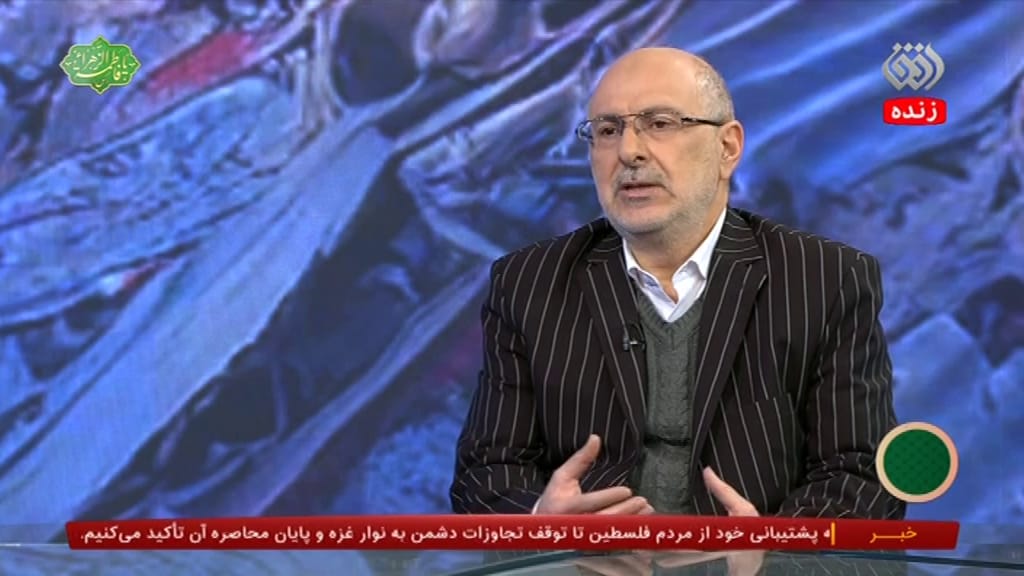
Qatari Foreign Minister Mohammad Bin Abdulrahman Bin Jassim Al-Thani spoke about Qatar's role within the GCC in an interview on Al-Jazeera Network (Qatar), which aired on January 7, 2021. He said that there are different opinions among the GCC member countries regarding Iran. He added: "As countries, the joint interests that we have with Iran should create the proper climate for a future dialogue with it." Al-Thani said that every country has the right to view Iran according to its own sovereign foreign policy and national interests. He continued to say that there should be solidarity among the GCC countries against any threats to some of its members.
About Turkey, Al-Thani said that it is a strategic ally of Qatar, and Qatar will gladly play the role of a bridge between Turkey and GCC countries, which may have "disputes" with it. Regarding the Abraham Accords between some Arab countries and Israel, he said that this is a matter of sovereign decisions by certain members of the GCC, and Qatar does not interfere with the sovereign decisions about relations between countries. He added that Qatar believes that the foundation of peace with Israel is a Palestinian state with East Jerusalem as its capital and the return of the refugees. Al-Thani continued to say that Qatar will not be involved in normalization with Israel, unless there is a chance to implement a two-state solution in keeping with the Arab Peace Initiative.
Mohammad Bin Abdulrahman Bin Jassim Al-Thani: "Iran is a neighboring country, and we appreciate the role that it played during the crisis, by opening its airspace to Qatar, and the facilitations it provided with regard to ports and merchandise. There are different views in the Gulf Cooperation Council on how to deal with Iran. As you've said, there are countries that have direct crises and problems with Iran, while other countries have positive relations with it. There can be disagreements with regard to several regional issues. We believe that the GCC should be a place for [multilateral] understanding. As countries, the joint interests that we have with Iran should create the proper climate for a future dialogue with it. Obviously, the bilateral relations of each of the GCC countries with any other country is subject to the sovereign decisions of these countries, in keeping with their sovereign foreign policy, and the way they see their national interests. As for the collective positions of the GCC, these decisions are made in consideration of any threats against any of the GCC countries, and there should be solidarity among these countries.
"Turkey is a strategic ally of Qatar. We are in cooperation and alliance in many areas. As I've told you, the bilateral relations between GCC countries and other countries, and they should not be mixed with foreign relations of the GCC. If there are disputes between Turkey and some countries it could be that they stem from bilateral disagreements which do not directly involve Qatar. If Qatar is asked to bridge the chasm between Turkey and any of the region's countries, we will welcome that. This is the role played by Qatar on all issues.
[...]
"When the 'Abraham Accords' for normalization were signed, we said clearly that this is a sovereign decision of each country. Just as Qatar would not have anyone interfering in its sovereign decisions, we do not interfere in the sovereign decisions about relations between countries.
[...]
"In our view, ending the occupation, [the establishment] of an independent Palestinian state with East Jerusalem as its capital, and the return of the refugees constitute the foundations for peace. If there is a chance to make peace and implement the two-state solution, in keeping with the Arab Peace Initiative, Qatar will follow this path. Without that, we do not see any point for Qatar to become amongst the countries involved in normalization."













